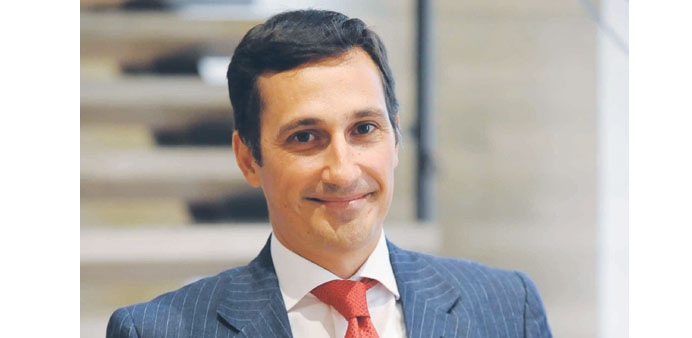Reuters/Dubai
The spread of Islamic trade finance is boosting demand for Shariah-compliant reinsurance in the Gulf, trade credit insurer Euler Hermes says, predicting the sector could eventually account for over a third of its business in the region.
Islamic finance, which bans interest payments, is used for only a tiny fraction - perhaps less than 1% - of the foreign trade of the six-nation Gulf Co-operation Council, which totalled roughly $1.5tn last year.
But in some non-oil areas, such as Dubai’s booming merchandise trade, Islamic finance has been gaining ground, partly because of a jump in trade flows between the Gulf and predominantly Muslim countries in southeast Asia.
Euler Hermes, part of Germany’s Allianz insurance group, is involved in the business because it is one of the region’s biggest trade credit insurers, offering companies protection from customers’ insolvency or default.
The company launched a Shariah-compliant trade credit insurance product in 2008 and the business began growing substantially three years ago, now accounting for about 10% of Euler Hermes’ total GCC business, said Massimo Falcioni, chief executive for GCC countries.
“There’s a lot of potential - I wouldn’t be surprised if it was 40% of total business eventually,” Falcioni said in an interview.
Euler Hermes’ GCC operations had total turnover exceeding $40mn last year, and exposure to its clients of more than $12bn.
Turnover has been growing at an annual rate of over 30% for the past three years and is expected to continue rising at similar rates for the next few years, Falcioni said. Islamic trade finance has been hampered by a lack of familiarity with Shariah-compliant structures among both companies and banks, which has tended to raise costs.
Falcioni said demand for Shariah-compliant trade credit insurance began rising when takaful (Islamic insurance) firms in the region became more active in offering the service to local companies.
The takaful firms are now seeking to offload some of their risk to reinsurers, but the industry’s retakaful capacity is limited; laying plans last year to develop its Islamic finance sector, Dubai’s government identified a lack of retakaful capacity as a major constraint.
That leaves an opening for Euler Hermes to market its Shariah-compliant trade credit insurance through GCC takaful companies.
“There is a large amount of latent demand because for small and medium-sized companies doing international trade, 60 to 70% of the firm’s assets are typically trade receivables,” he said.
Trading companies using conventional finance are able to reduce their risk through factoring, in which a business sells its trade receivables at a discount which includes an allowance for expected bad debts.
This arrangement isn’t possible with Shariah-compliant companies and banks because of Islamic finance’s preference for risk-sharing rather than pure debt, Falcioni said.
That makes the role of takaful firms more important.
Euler Hermes currently issues takaful policies, which create a cooperative structure to provide financial protection, in the United Arab Emirates and Bahrain. It plans soon to offer them in Saudi Arabia, Falcioni said.

